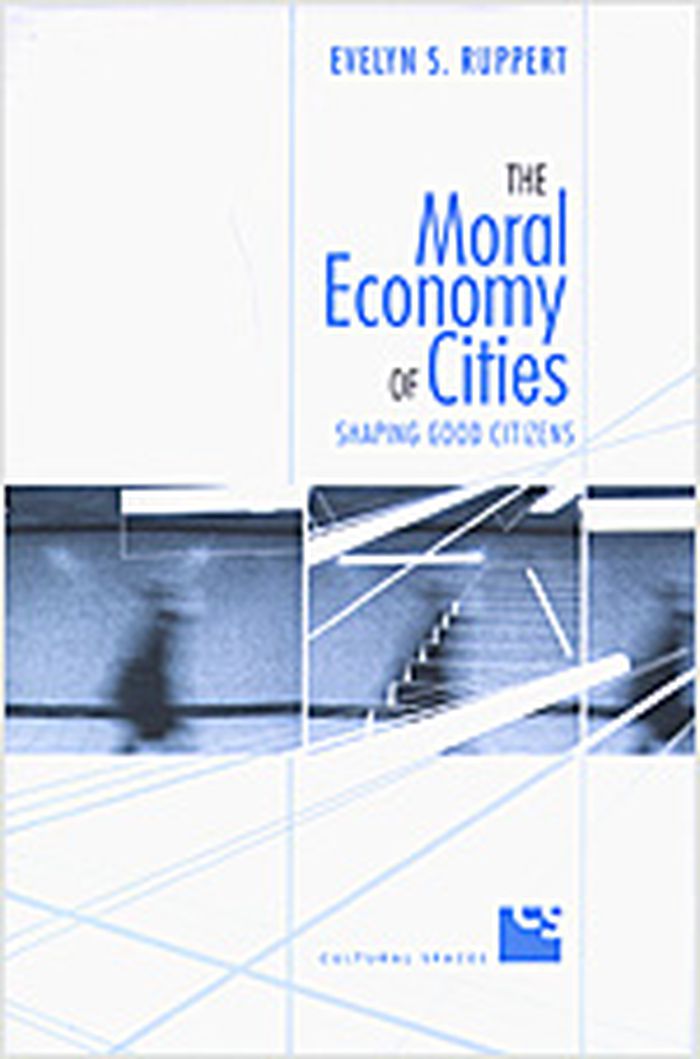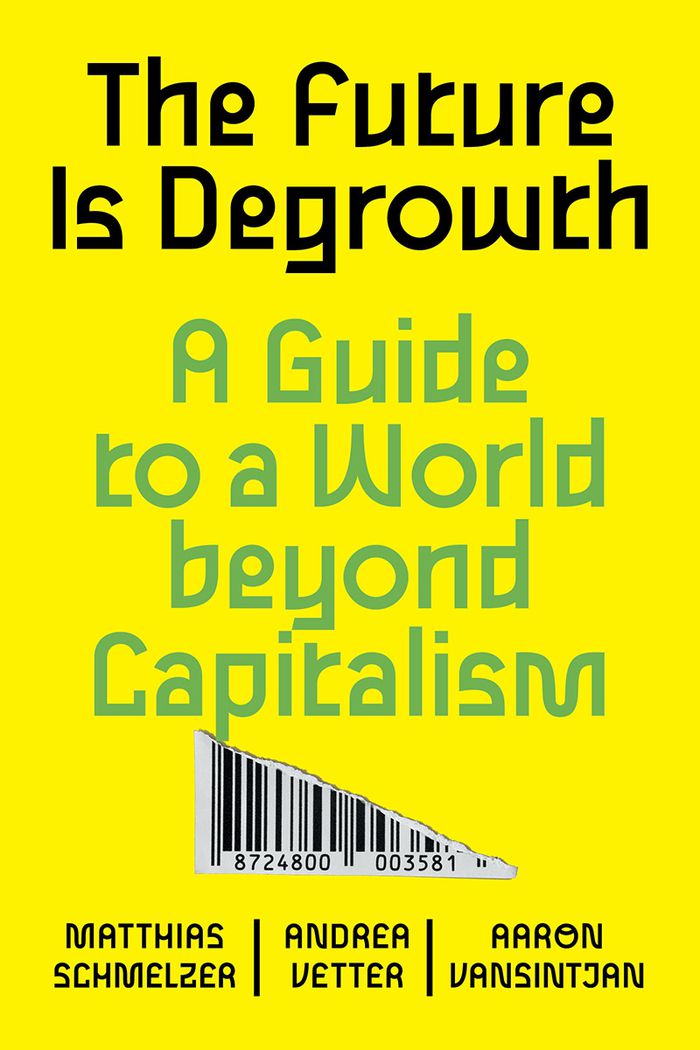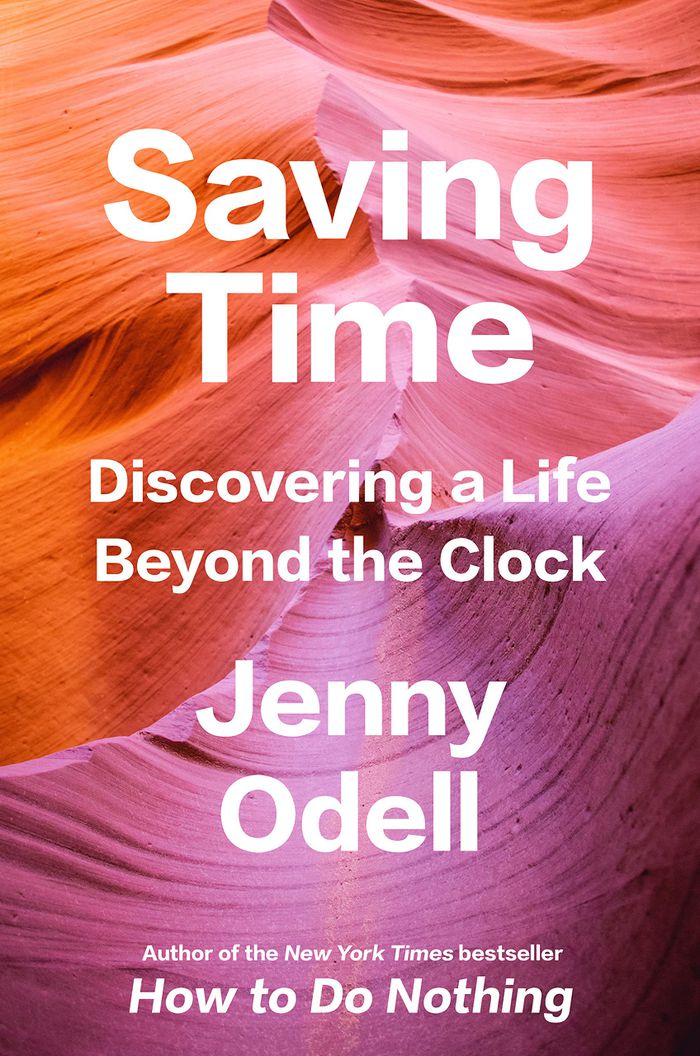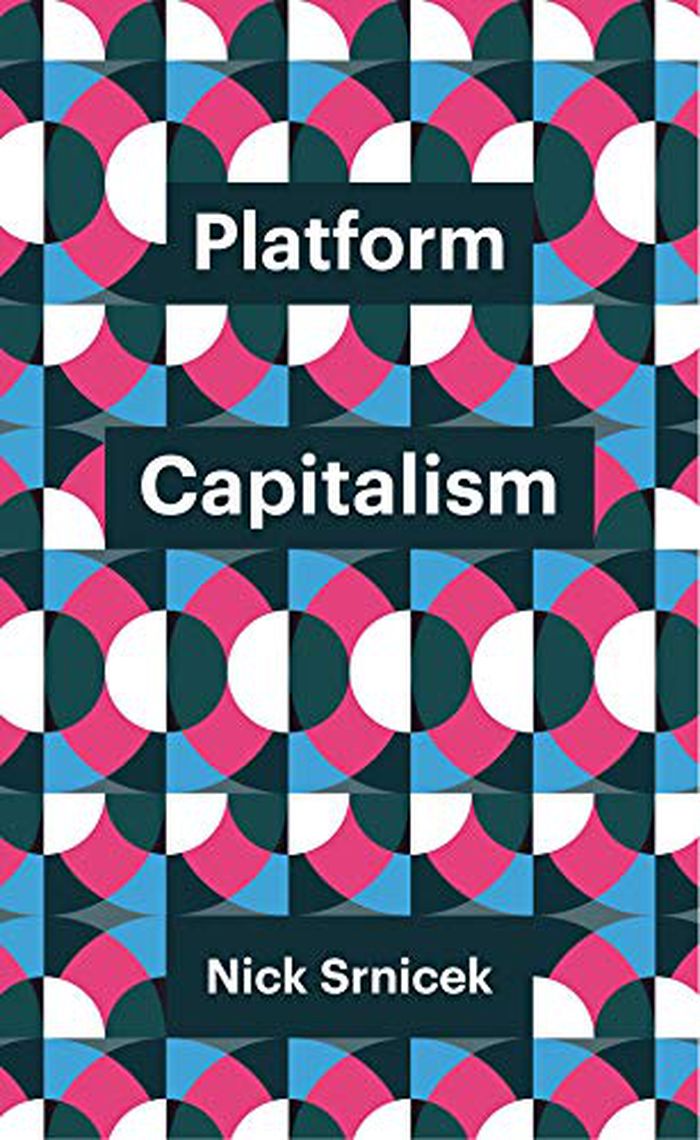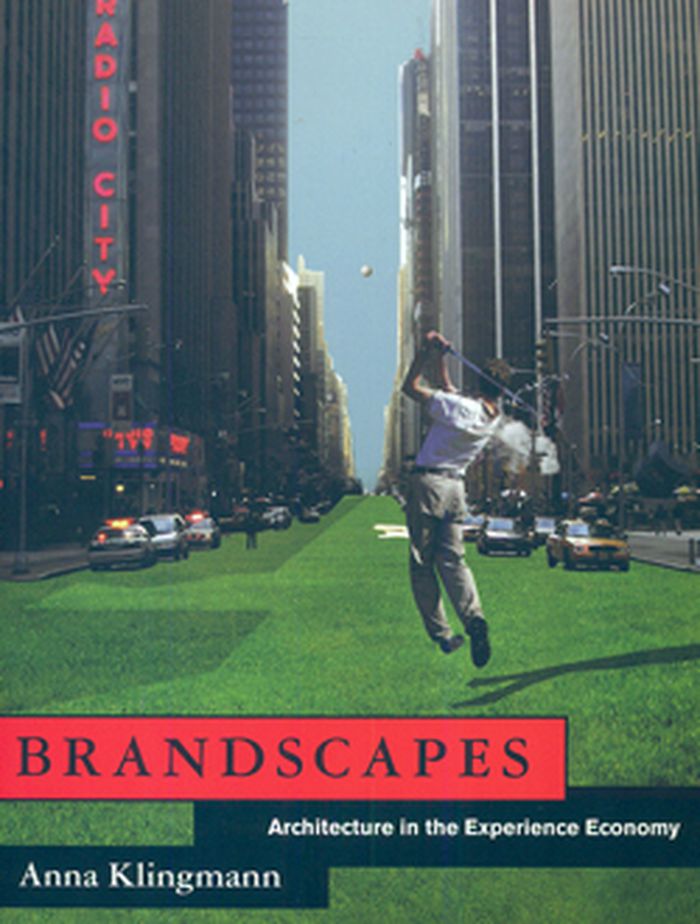livres
Description:
xxxvii, 388 pages : illustrations ; 24 cm
Hartford, Conn. : Harriet Beecher Stowe Center ; New Brunswick, N.J. : Rutgers University Press, [2002], ©2002.
The American woman's home / Catherine E. Beecher and Harriet Beecher Stowe ; edited and with an introduction by Nicole Tonkovich.
Actions:
Exemplaires:
Description:
xxxvii, 388 pages : illustrations ; 24 cm
livres
Hartford, Conn. : Harriet Beecher Stowe Center ; New Brunswick, N.J. : Rutgers University Press, [2002], ©2002.
livres
Description:
xv, 354 pages : illustrations, maps ; 29 cm
Cambridge ; New York : Cambridge University Press, 2010.
Cities at war in early modern Europe / Martha Pollak.
Actions:
Exemplaires:
Description:
xv, 354 pages : illustrations, maps ; 29 cm
livres
Cambridge ; New York : Cambridge University Press, 2010.
$65.00
(disponible sur commande)
Résumé:
What makes a good city? This question has long preoccupied groups interested and involved in the making and remaking of city spaces. In "The moral economy of cities", Evelyn S. Ruppert contends that the vision of the ‘good city’ embraced by professionals in the business of city making recognizes the interests of a dominant public, namely middle class consumers, office(...)
The moral economy of cities : shaping good citizens
Actions:
Prix:
$65.00
(disponible sur commande)
Résumé:
What makes a good city? This question has long preoccupied groups interested and involved in the making and remaking of city spaces. In "The moral economy of cities", Evelyn S. Ruppert contends that the vision of the ‘good city’ embraced by professionals in the business of city making recognizes the interests of a dominant public, namely middle class consumers, office workers, tourists, and families. This vision stigmatizes certain members of the public like street youth, panhandlers, discount-and low-income shoppers, and the language used to extol the virtues of the good city inherently moralizes social conduct in the city. Using the redevelopment of the Yonge-Dundas intersection in downtown Toronto in the mid-1990s as a case study, Ruppert examines the language of planners, urban designers, architects, and marketing analysts to reveal the extent to which moralization legitimizes these professions in the public eye and buttresses the very projects they produce. Ruppert’s conclusion that economic practices are not free from moral investment encourages the considerable task of re-examining the implications of city planning and development worldwide.
Théorie de l’urbanisme
$35.95
(disponible en magasin)
Résumé:
Economic growth isn’t working, and it cannot be made to work. Offering a counter-history of how economic growth emerged in the context of colonialism, fossil-fueled industrialization, and capitalist modernity, ''The future is degrowth'' argues that the ideology of growth conceals the rising inequalities and ecological destructions associated with capitalism, and points to(...)
The future is degrowth: A guide to a world beyond capitalism
Actions:
Prix:
$35.95
(disponible en magasin)
Résumé:
Economic growth isn’t working, and it cannot be made to work. Offering a counter-history of how economic growth emerged in the context of colonialism, fossil-fueled industrialization, and capitalist modernity, ''The future is degrowth'' argues that the ideology of growth conceals the rising inequalities and ecological destructions associated with capitalism, and points to desirable alternatives to it. Not only in society at large, but also on the left, we are held captive by the hegemony of growth. Even proposals for emancipatory Green New Deals or postcapitalism base their utopian hopes on the development of productive forces, on redistributing the fruits of economic growth and technological progress. Yet growing evidence shows that continued economic growth cannot be made compatible with sustaining life and is not necessary for a good life for all. This book provides a vision for postcapitalism beyond growth. Building on a vibrant field of research, it discusses the political economy and the politics of a non-growing economy. It charts a path forward through policies that democratise the economy, ''now-topias'' that create free spaces for experimentation, and counter-hegemonic movements that make it possible to break with the logic of growth. Degrowth perspectives offer a way to step off the treadmill of an alienating, expansionist, and hierarchical system.
Social
$38.99
(disponible sur commande)
Résumé:
In her first book, ''How to do nothing,'' Jenny Odell wrote about the importance of disconnecting from the ''attention economy'' to spend time in quiet contemplation. But what if you don’t have time to spend? In order to answer this seemingly simple question, Odell took a deep dive into the fundamental structure of our society and found that the clock we live by was(...)
Saving time: discovering a life beyond the clock
Actions:
Prix:
$38.99
(disponible sur commande)
Résumé:
In her first book, ''How to do nothing,'' Jenny Odell wrote about the importance of disconnecting from the ''attention economy'' to spend time in quiet contemplation. But what if you don’t have time to spend? In order to answer this seemingly simple question, Odell took a deep dive into the fundamental structure of our society and found that the clock we live by was built for profit, not people. This is why our lives, even in leisure, have come to seem like a series of moments to be bought, sold, and processed ever more efficiently. Odell shows us how our painful relationship to time is inextricably connected not only to persisting social inequities but to the climate crisis, existential dread, and a lethal fatalism. This book offers us different ways to experience time—inspired by pre-industrial cultures, ecological cues, and geological timescales—that can bring within reach a more humane, responsive way of living.
Social
$32.95
(disponible sur commande)
Résumé:
How can architects use branding as a means to differentiate places from the inside out--and not, as current development practices seem to dictate, from the outside in? When architecture brings together ecology, economics, and social well-being to help people and places regain self-sufficiency, writes Klingmann, it can be a catalyst for cultural and economic transformation.
Théorie de l’architecture
septembre 2007, Cambridge London
Brandscapes : Architecture in the experience economy
Actions:
Prix:
$32.95
(disponible sur commande)
Résumé:
How can architects use branding as a means to differentiate places from the inside out--and not, as current development practices seem to dictate, from the outside in? When architecture brings together ecology, economics, and social well-being to help people and places regain self-sufficiency, writes Klingmann, it can be a catalyst for cultural and economic transformation.
Théorie de l’architecture
$20.00
(disponible sur commande)
Résumé:
Nature and communities in the global south is being overwhelmed at a shocking rate. In many places this is due to ventures such as large-scale open-pit mining, oil extraction in tropical areas, and the spread of monocultures. These and other such forms of natural resource appropriation are usually known as extractivisms. This introductory book on the one hand adopts an(...)
septembre 2021
Extractivisms: politics, economy and ecology
Actions:
Prix:
$20.00
(disponible sur commande)
Résumé:
Nature and communities in the global south is being overwhelmed at a shocking rate. In many places this is due to ventures such as large-scale open-pit mining, oil extraction in tropical areas, and the spread of monocultures. These and other such forms of natural resource appropriation are usually known as extractivisms. This introductory book on the one hand adopts an interdisciplinary and critical perspective, incorporating contributions from economics, politics, ecology, and more. On the other hand it is an exercise in the politics among humans and with the environment. Eduardo Gudnyas explores negative local impacts such as ecological and health degradation or violence, along with spillover effects that redefines democracy and justice. Significantly, presented for the first time in English is a comprehensive overview of the theoretical innovations currently being discussed in the South, such as the distinction between appropriation and production modes and a redefinition of surplus to include social and economic features or new understandings on conflict dynamics. Furthermore, Gudynas discusses the Latin American peculiarities of extractivisms produced both by conservative and new-left governments, making clear that it has very deep roots in culture and ideologies, and offers solutions for the future.
Platform capitalism
$15.95
(disponible en magasin)
Résumé:
What unites Google and Facebook, Apple and Microsoft, Siemens and GE, Uber and Airbnb? Across a wide range of sectors, these firms are transforming themselves into platforms: businesses that provide the hardware and software foundation for others to operate on. This transformation signals a major shift in how capitalist firms operate and how they interact with the rest of(...)
Platform capitalism
Actions:
Prix:
$15.95
(disponible en magasin)
Résumé:
What unites Google and Facebook, Apple and Microsoft, Siemens and GE, Uber and Airbnb? Across a wide range of sectors, these firms are transforming themselves into platforms: businesses that provide the hardware and software foundation for others to operate on. This transformation signals a major shift in how capitalist firms operate and how they interact with the rest of the economy: the emergence of ‘platform capitalism’. This book critically examines these new business forms, tracing their genesis from the long downturn of the 1970s to the boom and bust of the 1990s and the aftershocks of the 2008 crisis. It shows how the fundamental foundations of the economy are rapidly being carved up among a small number of monopolistic platforms, and how the platform introduces new tendencies within capitalism that pose significant challenges to any vision of a post-capitalist future.
Social
$21.95
(disponible sur commande)
Résumé:
In Brandscapes, Anna Klingmann looks critically at the controversial practice of branding by examining its benefits, and considering the damage it may do. By favoring the creation of signature buildings over more comprehensive urban interventions and by severing their identity from the complexity of the social fabric, Klingmann argues, today's brandscapes have, in many(...)
Brandscapes: Architecture in the experience economy
Actions:
Prix:
$21.95
(disponible sur commande)
Résumé:
In Brandscapes, Anna Klingmann looks critically at the controversial practice of branding by examining its benefits, and considering the damage it may do. By favoring the creation of signature buildings over more comprehensive urban interventions and by severing their identity from the complexity of the social fabric, Klingmann argues, today's brandscapes have, in many cases, resulted in a culture of the copy.
Théorie de l’urbanisme
livres
Description:
xii, 184 pages, 8 unnumbered pages of plates : illustrations (some color), maps (some color) ; 25 cm.
Chicago : University of Chicago Press, 1996.
Rural images : estate maps in the Old and New Worlds / edited by David Buisseret.
Actions:
Exemplaires:
Description:
xii, 184 pages, 8 unnumbered pages of plates : illustrations (some color), maps (some color) ; 25 cm.
livres
Chicago : University of Chicago Press, 1996.
